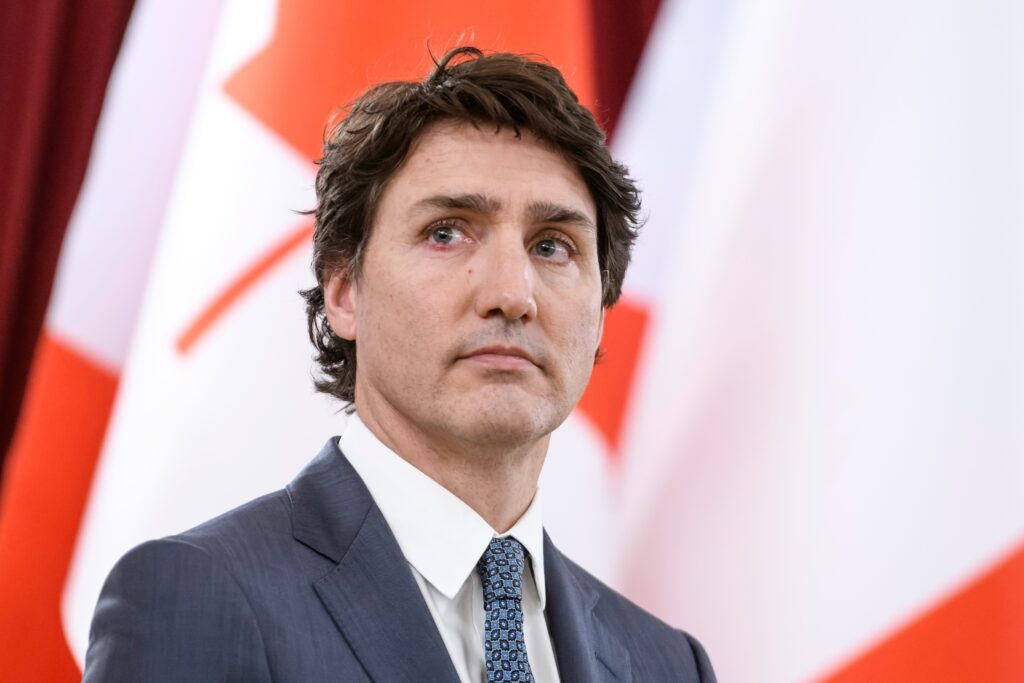Key Discussions on Trade, Border Security, and Fentanyl Crisis
Canadian Prime Minister Justin Trudeau made a surprise visit to Donald Trump’s Mar-a-Lago estate, becoming the first G7 leader to meet with the U.S. president-elect during his transition to a second term. The meeting, held amid growing fears over Trump’s proposed 25% tariff on Canadian imports, aimed to address critical issues, including trade, border security, and the fentanyl crisis.
Following the meeting, Trump described the discussion as “productive,” emphasizing shared efforts to combat drug smuggling and address trade imbalances. “We discussed many important topics that require collaboration, such as the fentanyl epidemic, fair trade deals, and the trade deficit with Canada,” Trump wrote on his social media platform, Truth Social.
Trudeau’s visit, kept under wraps until his flight was tracked, included a three-hour dinner attended by senior officials from both countries. Topics ranged from defense and NATO to energy and pipeline projects, with Trudeau stressing Canada’s willingness to enhance border security.
Growing Concerns Over Tariffs and Economic Impact
The potential 25% surcharge on Canadian products could severely impact Canada’s energy, auto, and manufacturing sectors. Trudeau warned that such measures would not only harm Canadian industries but also increase costs for American consumers.
Despite assurances of collaboration, some critics viewed the visit as a sign of Canada’s vulnerability. “The stakes are enormously high,” said Fen Hampson, a professor at Carleton University, suggesting that failure to avert the tariffs could be seen as a diplomatic setback for Trudeau.
Trump also used the opportunity to issue a broader economic warning, threatening 100% tariffs on BRICS nations if they pursued efforts to replace the U.S. dollar as a global reserve currency. His stance signals an aggressive economic policy agenda as he prepares to re-enter the White House.
The meeting underscores the challenges Trudeau faces in navigating a strained U.S.-Canada relationship while trying to protect Canadian interests in an increasingly protectionist U.S. policy landscape.


